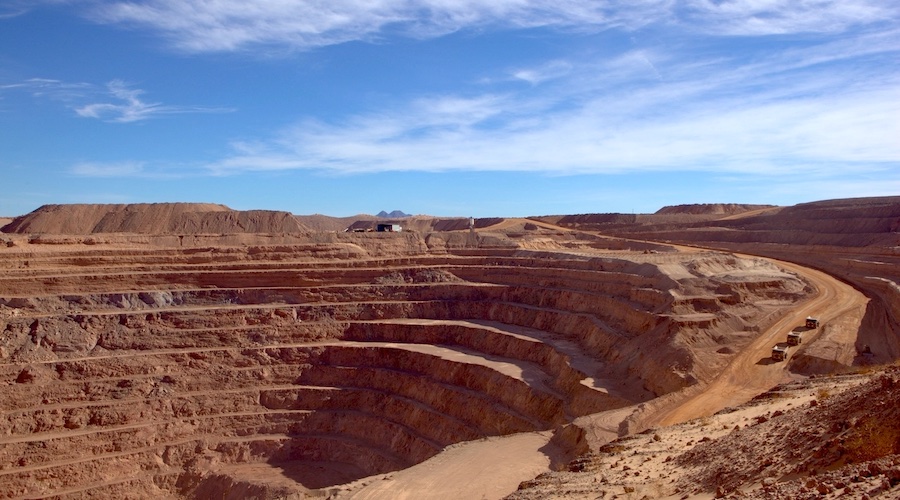Mexican mining sector balks at plan to ban open-pit mines

Mexican President Andres Manuel Lopez Obrador’s proposal to ban open-pit mining will generate uncertainty and curtail investment for the key sector, mining industry representatives said this week.
Lopez Obrador announced the proposal to prohibit new concessions for open-pit projects last week amid a slew of initiatives as he looks to shape political debate ahead of a June presidential election that his protégé is expected to win.
The proposal is unlikely to pass in the short-term, as Lopez Obrador does not have the two-thirds super majority in Congress needed to change the constitution.
But the frontrunner to succeed him, former Mexico City Mayor Claudia Sheinbaum, has said she will adopt his proposals as part of her platform.
The industry says such a move would be disastrous for the sector, which fuels 2.5% of gross domestic product. Mexico is the world’s top silver producer and a major gold and copper producer.
Of the 124 mines affiliated with the Camimex mining chamber, fewer than half are open-pit yet they represent 60% of Mexico’s output, according to the chamber.
“Prohibiting open-pit mining would imply the destruction of a strategic sector,” the chamber said in a statement this week.
It said open-pit mines represent more than $3.9 billion in investment and 200,000 direct jobs, and warned that a ban would eventually affect supply chains, forcing Mexico to import minerals at a higher cost.
Since taking office in 2018, Lopez Obrador has not granted mining concessions of any type, arguing that past governments gave too many approvals.
Mining executives have previously raised concerns over that practice as well as a 2023 law that shortened concessions and tightened water extraction permits.
“It’s no secret that this administration has been averse to mining,” said Jorge Ganoza, president of Canada’s Fortuna Silver Mines, which operates an underground silver and gold mine in southern Mexico. “If it were to continue, we would certainly see Mexico lose ground compared to other mining nations.”
Fortuna Silver has cut investment in Mexico from nearly half of its global spending to around 10% in recent years, he said.
That trend could continue if the proposal passes, said Riyaz Dattu, an attorney who advises Canadian companies on international arbitration. Canada represents 70% of foreign mining investment in Mexico.
“Companies cannot operate without an understanding on whether their investments will hold true in the next 10-20 years,” he said. “This will drive investments away.”
Environmentalists say open-pit mining carves out swaths of earth and uses dangerous chemicals, and Mexican Environment Minister Luisa Albores has called it “the most polluting” type of mining.
The ministry is also seeking to end fracking and prohibit concessions in water-scarce areas.
(By Daina Beth Solomon and Divya Rajagopal; Editing by Ernest Scheyder and Rosalba O’Brien)
{{ commodity.name }}
{{ post.title }}
{{ post.date }}




Comments